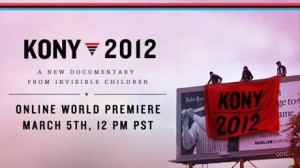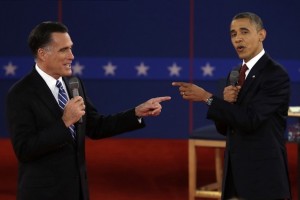With the inception of new technologies the age of the social networking has emerged. Ideas and information are now more accessible than ever and Americans have the ability to voice their opinions in ways like never before. With these concepts in mind a new form of social activism has emerged. The idea of signing pledges online, ‘liking’ pictures on Facebook to support a cause, forwarding e-mails to raise awareness and more recently the use of hashtags on Twitter to advocate a cause, a movement or even just mutual feelings, ie: #longhairdontcare. All these are just some of the ways Americans are reaching out, voicing their opinions and uniting those around the world. But is all this really making a difference?
Like any argument, this debate has two sides and it’s important to observe each carefully.
Recently, a video made by Invisible Children regarding the Lord’s Resistance Army and its leader Joseph Kony went viral on almost every social network. The 14 minute short film raised awareness of millions around the world within a matter of a few hours. The clip was followed up by hashtags over Twitter such as #stopkony or #kony2012, url links to the video on Facebook as well as criticism from several skeptics. However, the movement is worth mentioning due to the unprecedented momentum it produced throughout the masses as well as the heightened awareness which resulted.

However, in opposition, some critics have ventured to discount social media as a means of producing significant social change. Malcom Gladwell published an article titled, “Small Change: Why the Revolution Will Not Be Tweeted” in 2010 regarding his hesitations and reservations regarding the extent social networking is working to produce social change. Gladwell makes the argument that the Internet serves rather as a mask for individuals to hide their true faces behind when supporting particular people or causes as a means of tip-toeing around coming off too strong.

However, in an additional article, Cathy Davidson makes an attempt at compromising these two opposing views through stating the following, “The existence of social media neither necessitates nor preludes social activism”. She notes the events of the 20th century such as the civil rights movement and how social media worked to facilitate further action as well as raise awareness following the actions of key activists such as Rosa Parks. She goes on to say that individual actions are facilitated by social media, however, social media itself is insufficient to be counted as a means of significant social change. Click here for more
With each of these perspectives in mind, this idea can be related to how we are to lead in the generation we find ourselves in today. The bottom line is, activism requires ACTION. In order to make a difference, we must reach beyond the keyboard in front of us, beyond the world wide web and immerse ourselves in what true action and activism should look like.

“People seldom do what they believe in they do what is convenient, then repent” – Bob Dylan




 Posted by llawson
Posted by llawson



